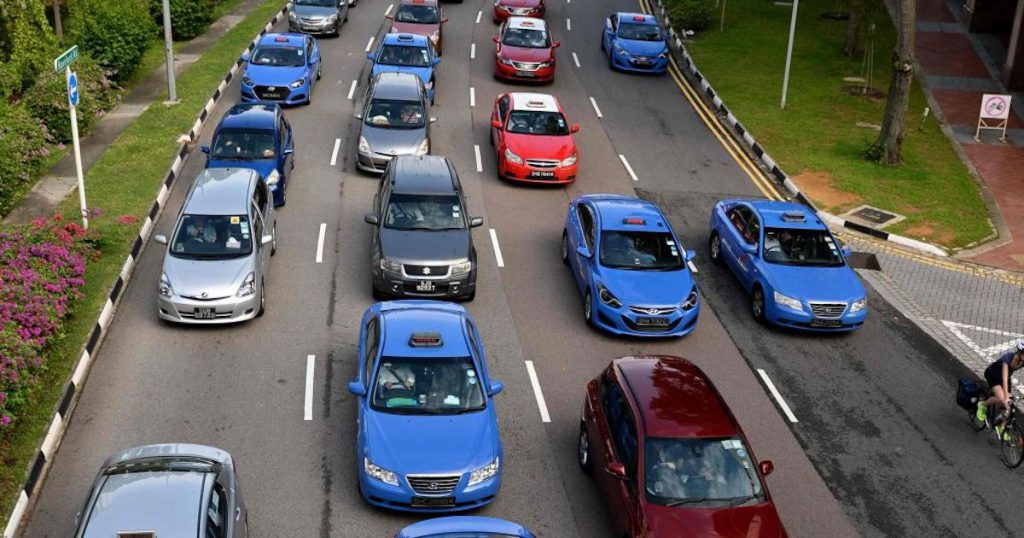Transport Minister Ong Ye Kung announced at a Budget debate on the Government’s sustainability plans today (March 4) that no more new diesel cars and taxis will be allowed to be registered in Singapore from 2025.
This move is in line with the nation’s ambition to phase out internal combustion engine (ICE) vehicles by 2040 as part of its push for electric vehicle (EV) adoption.
The government is also requiring new car and taxi registrations to be of cleaner energy models from 2030.
In Singapore, diesel vehicles mostly comprise of goods vehicles and buses. Ong went on to cite that 95.8 per cent of 140,783 goods vehicles and 99.4 per cent of 18,912 buses run on diesel.
He added that motor vehicles in Singapore emit about 6.4 million tonnes of carbon dioxide a year.
However, if all light vehicles ran on electricity, “the total net carbon abatement would be about 1.5 to two million tonnes per year”.
Lowered Road Tax For Electric Cars

Ong also announced that road tax for mass-market electric cars will be lowered from next year.
The tax is slated to be on par with equivalent models powered by combustion engines. Currently, larger mass-market electric cars still incur more road tax than petrol equivalents.
Following the revision, road tax for electric cars in the 90kW to 230kW power band will be further lowered.
To do so, the Land Transport Authority will merge the current electric car road tax bands of 30kW to 90kW, and 90kW to 230kW. They will then be subjected to the current road tax formula of the lower band.
With the change, the annual road tax of a Tesla Model 3 will drop from S$2,300 to S$1,500.
At Least 8 EV-Ready Towns In S’pore By 2025
During his Budget 2021 speech on February 16, Deputy Prime Minister Heng Swee Keat announced that S$30 million will be set aside over the next five years for EV-related initiatives.
Since Budget 2020, measures have been laid out to promote the use of EV and narrow the cost differential between electric cars and internal combustion engine cars.
For example, the Additional Registration Fee (ARF) floor will be lowered to zero for electric cars from January 2022 to December 2023. The ARF is paid when registering a vehicle and the rate is determined by the vehicle’s open market value.
The government has also highlighted its plans to expand the EV charging infrastructure to 60,000 by the end of 2030.

Ong announced that 40,000 of the charging points will be in public and Housing Board carparks, and the remaining 20,000 will be placed in private premises.
The Government aims to have at least eight EV-ready towns by 2025, where all carparks will be fitted with charging points.
These estates include Ang Mo Kio, Bedok, Choa Chu Kang, Jurong West, Punggol, Queenstown, Sembawang and Tengah.
Meanwhile, an EV common charger grant will be set up in non-landed private residences.
“We will strive to make every HDB town EV-ready by 2030,” added Ong.
Featured Image Credit: Car Sifu
This article is part of Vulcan Post’s EV knowledge hub. Discover more similar stories and follow the developments in Singapore’s EV landscape here.











